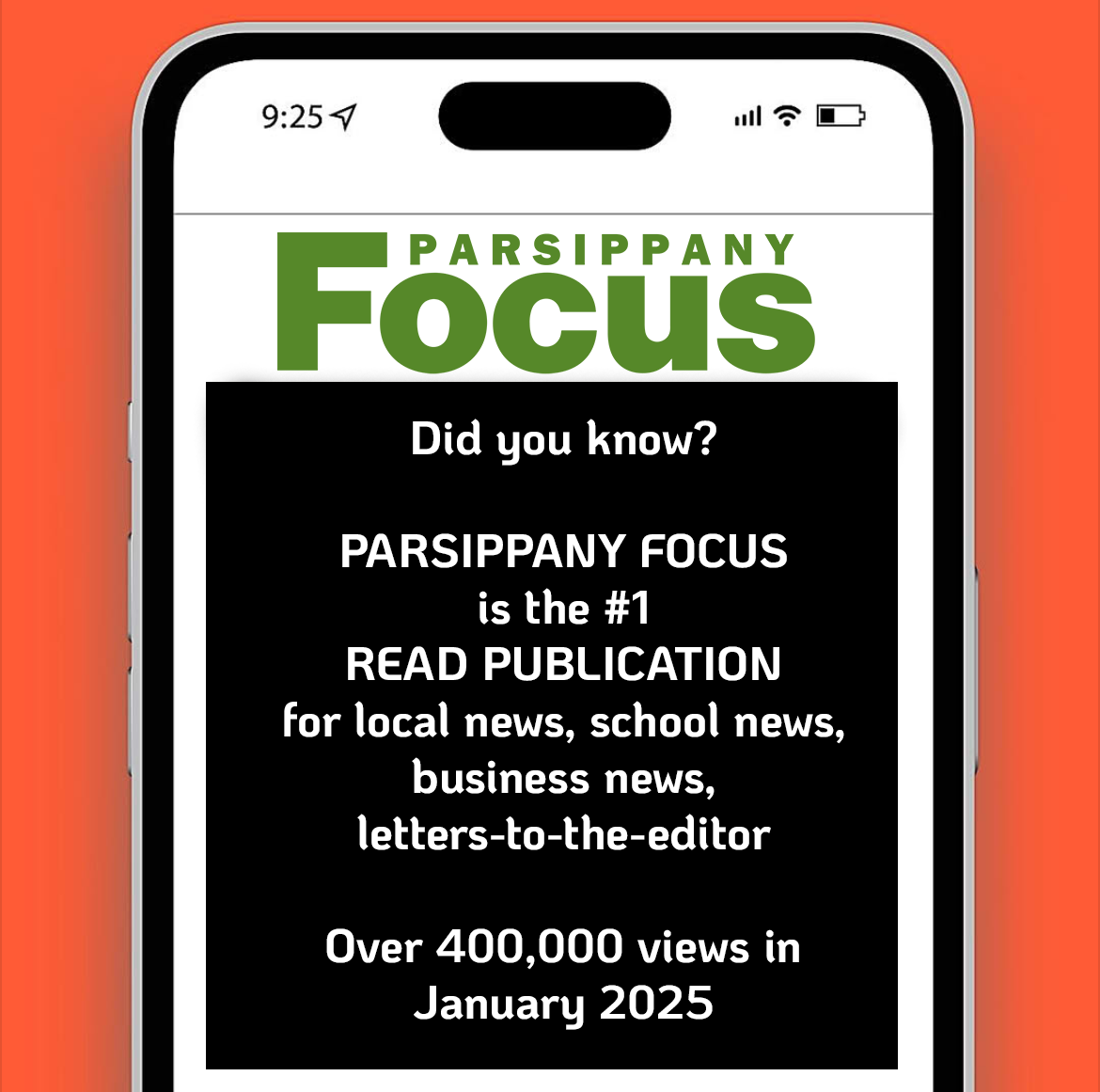MORRIS COUNTY — Governor Phil Murphy (D-NJ) and New Jersey state legislators celebrated the enactment of a new law banning plastic and paper shopping bags in 2020. However, a recent study reveals that this move has unintentionally led to a nearly threefold increase in plastic consumption at Garden State checkout counters.
“Plastic bags are one of the most problematic forms of waste, contributing to millions of discarded bags that find their way into our landfills, rivers, and oceans annually,” emphasized Governor Phil Murphy during the signing ceremony of the bag ban bill in November 2020. “With the historic signing of this bill today, we are directly addressing the issue of plastic pollution, offering solutions that will combat climate change and protect our environment for generations to come.”
In addition to bags, it banned polystyrene cups, plates, takeout cartons, and other food containers made of the material often called Styrofoam. Paper bags were also banned at large supermarkets and big box stores. The council estimates that 164 million paper bags have been eliminated per year.

It’s fascinating to observe the contrasting approaches to packaging and bagging in different establishments. At Wendy’s, you can enjoy a Jr. Cheeseburger Deluxe for less than $2.00, and it comes wrapped in paper and served in a paper bag. On the other hand, when you visit the supermarket’s produce counter, you can use plastic bags to package your fruits. However, the situation takes a turn when you proceed to check out with your other groceries, as you are required to purchase a bag, highlighting the inconsistency in the approach to packaging and bagging across different businesses.

Fast forward four years, and the evidence suggests that New Jersey’s ban on bags failed to reduce plastic usage and has had the opposite effect. According to a new study released on January 9 by the Freedonia Group, the usage of plastic shopping bags in New Jersey has surged from 53 million pounds before the state’s bag ban to a staggering 151 million pounds since the prohibition was implemented.
Freedonia Custom Research (FCR), a division of Marketresearch.com, released a report detailing the impact of New Jersey’s single-use bag ban on consumer behavior, retail practices in the state, and the environment. The outcome of the ban, revealed by market research, interviews, and comprehensive studies, unveils a complicated landscape as bag purchasing behavior continues to evolve.
In 2022, following the implementation of the New Jersey bag ban, total bag volumes declined by more than 60% to 894 million bags. However, the study also shows, that following New Jersey’s ban on single-use bags, the shift from plastic film to alternative bags resulted in a nearly 3x increase in plastic consumption for bags. At the same time, 6x more woven and non-woven polypropylene plastic was consumed to produce the reusable bags sold to consumers as an alternative. Most of these alternative bags are made with non-woven polypropylene, which is not widely recycled in the United States and does not typically contain any post-consumer recycled materials. This shift in material also resulted in a notable environmental impact, with the increased consumption of polypropylene bags contributing to a 500% increase in greenhouse gas (GHG) emissions compared to non-woven polypropylene bag production in 2015. Notably, non-woven polypropylene, NWPP, the dominant alternative bag material, consumes over 15 times more plastic and generates more than five times the amount of GHG emissions during production per bag than polyethylene plastic bags.
The study also found that New Jersey retailers faced significant changes in their front-end business operations due to the bag ban. No longer permitted to provide complimentary single-use plastic or paper bags, retailers are offering alternative bags for sale to fill the void. Simultaneously, consumers are rapidly transitioning to grocery pickup and delivery services, which typically require the use of new alternative bags for every transaction. As a result, alternative bag sales grew exponentially, and the shift in bag materials has proven profitable for retailers. An in-depth cost analysis evaluating New Jersey grocery retailers reveals a typical store can profit $200,000 per store location from alternative bag sales – for one major retailer this amounts to an estimated $42 million in profit across all its bag sales in NJ.
Despite retailers finding a compelling business case for selling alternative bags at a profit, the increased plastic consumption and GHG emissions generated during alternative bag production hamper retailers’ ability to promote alternative polypropylene bags. FCR’s analysis of New Jersey bag demand and trade data for alternative bags finds that, on average, an alternative bag is reused only two to three times before being discarded, falling short of the recommended reuse rates necessary to mitigate the greenhouse gas emissions generated during production and address climate change.
















